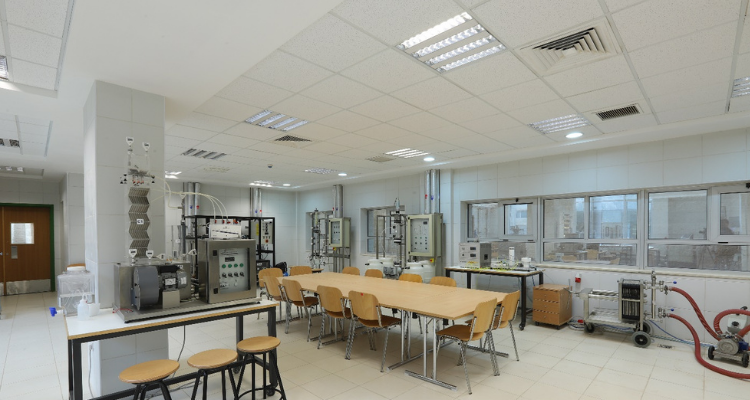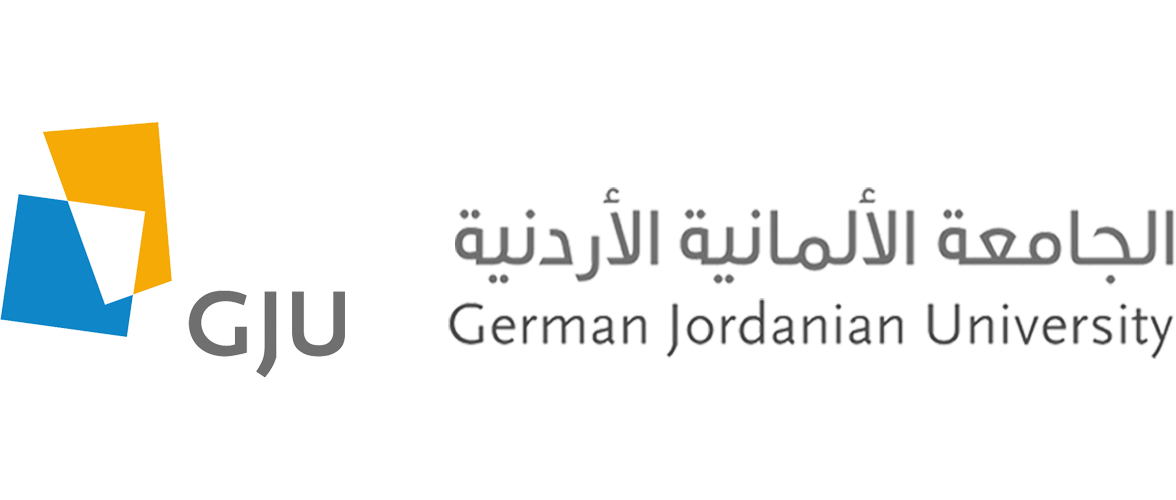
Objective: Separation Processes Laboratory is a practical course that is related to theories covered in separation processes course. Upon successful completion of this course, the student will be able to:
- Applying Separation concepts, heat and mass transfer principles on different unit operations.
- Provide students with a tangible link between the basic theoretical principles of separation processes and their application to practical examples in the laboratory.
- Design and selection of separation processes
- Determination of the major components of each separation technique and the working principle of each component.
- Perform mass and heat transfer balances and calculations related to each experiment.
- Present the experimental findings in clear graphs/tables.
- Compare the experimental results with the corresponding ones that are reported in literature or calculated from physical principles to explore the degree of agreement /disagreement.
- The student must master the basic skills of writing technical reports in both forms; full and short.
- Identify and recognize the sources and magnitude of errors associated with experiments.
Syllabus: Conduct experiments applying separation processes concepts. Spray dryer, tray dryer, fixed and fluidized bed, batch distillation, cooling tower, single stage evaporation unit, liquid-liquid extraction, filtration unit with plate and frame, reverse osmosis, solid-liquid extraction, linear and radial heat conduction
Lab Room:
M-015
Lab Manuals:
Lab Supervisor:

